North and South
- 8.5
- Drama
- 2004
- 1h 30m
- 14+
a powerful British period drama miniseries based on Elizabeth Gaskell's classic novel. Set during the height of the Industrial Revolution, the story follows Margaret Hale, a southern Englishwoman who relocates to the northern town of Milton. There, she clashes with—and is ultimately drawn to—John Thornton, a stoic mill owner. As romance blooms amid social unrest, strikes, and class divides, North and South beautifully captures the emotional and economic tensions of a transforming England with exquisite performances, haunting cinematography, and a slow-burning love story that has captivated audiences worldwide.

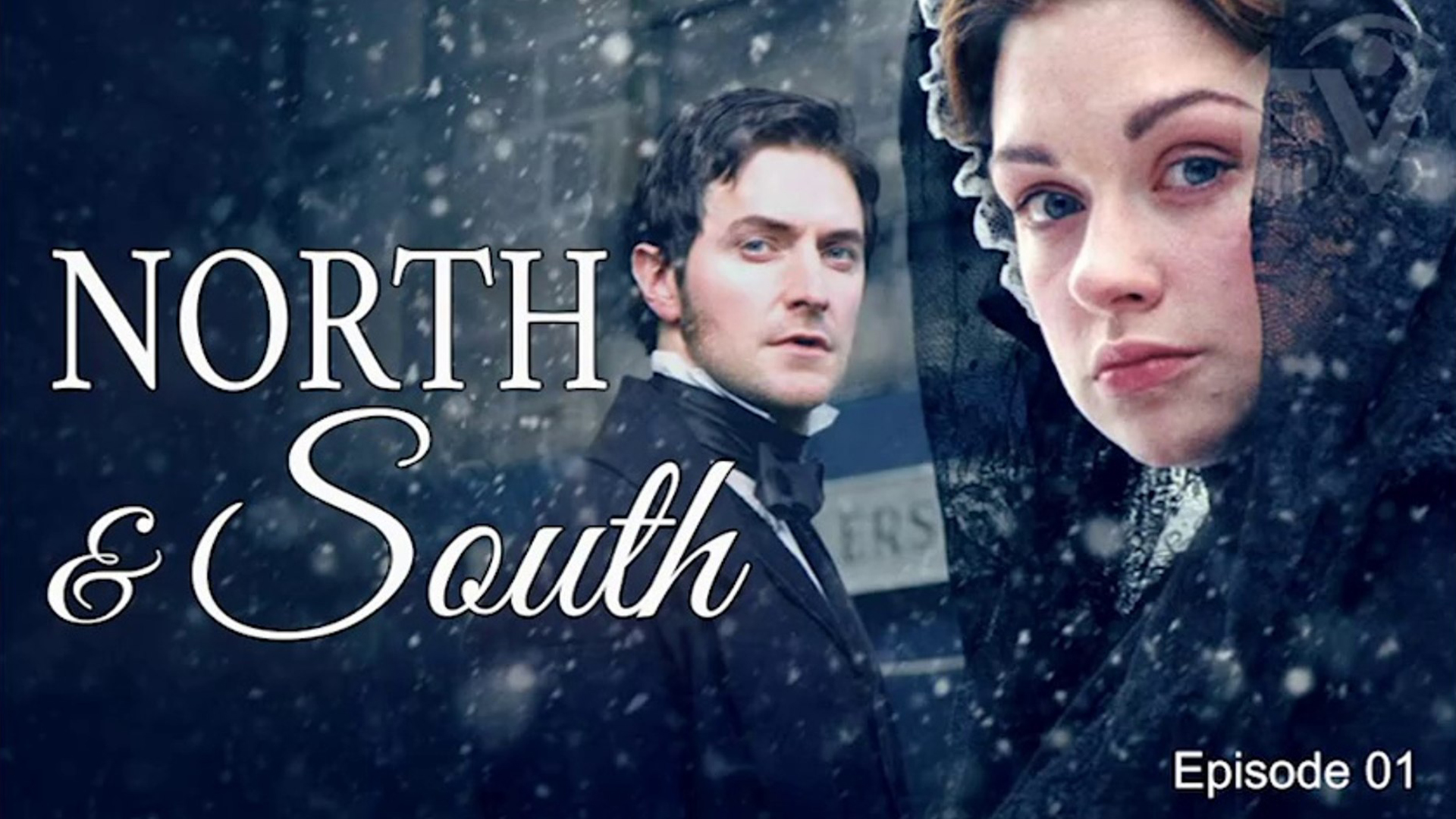
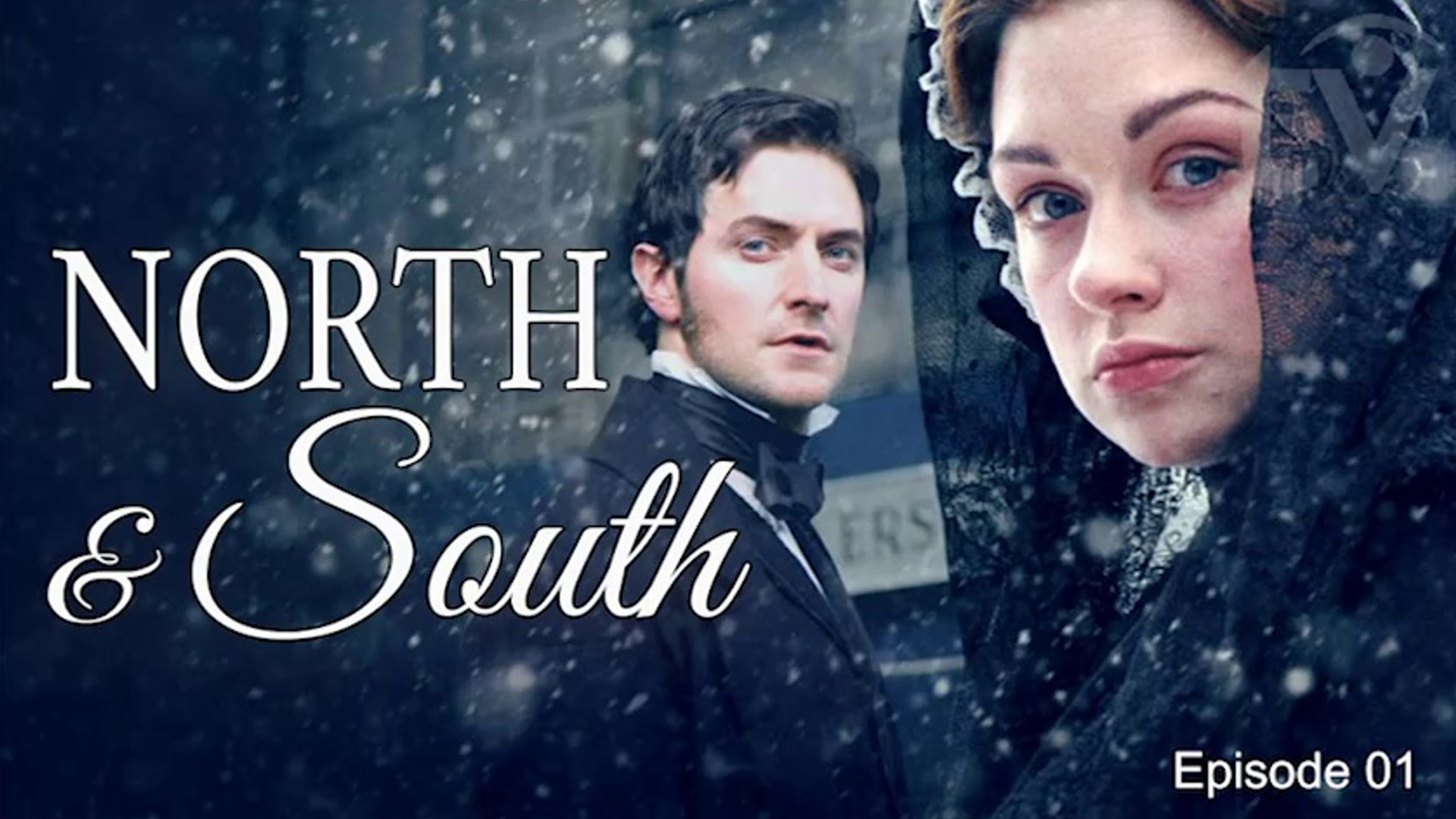
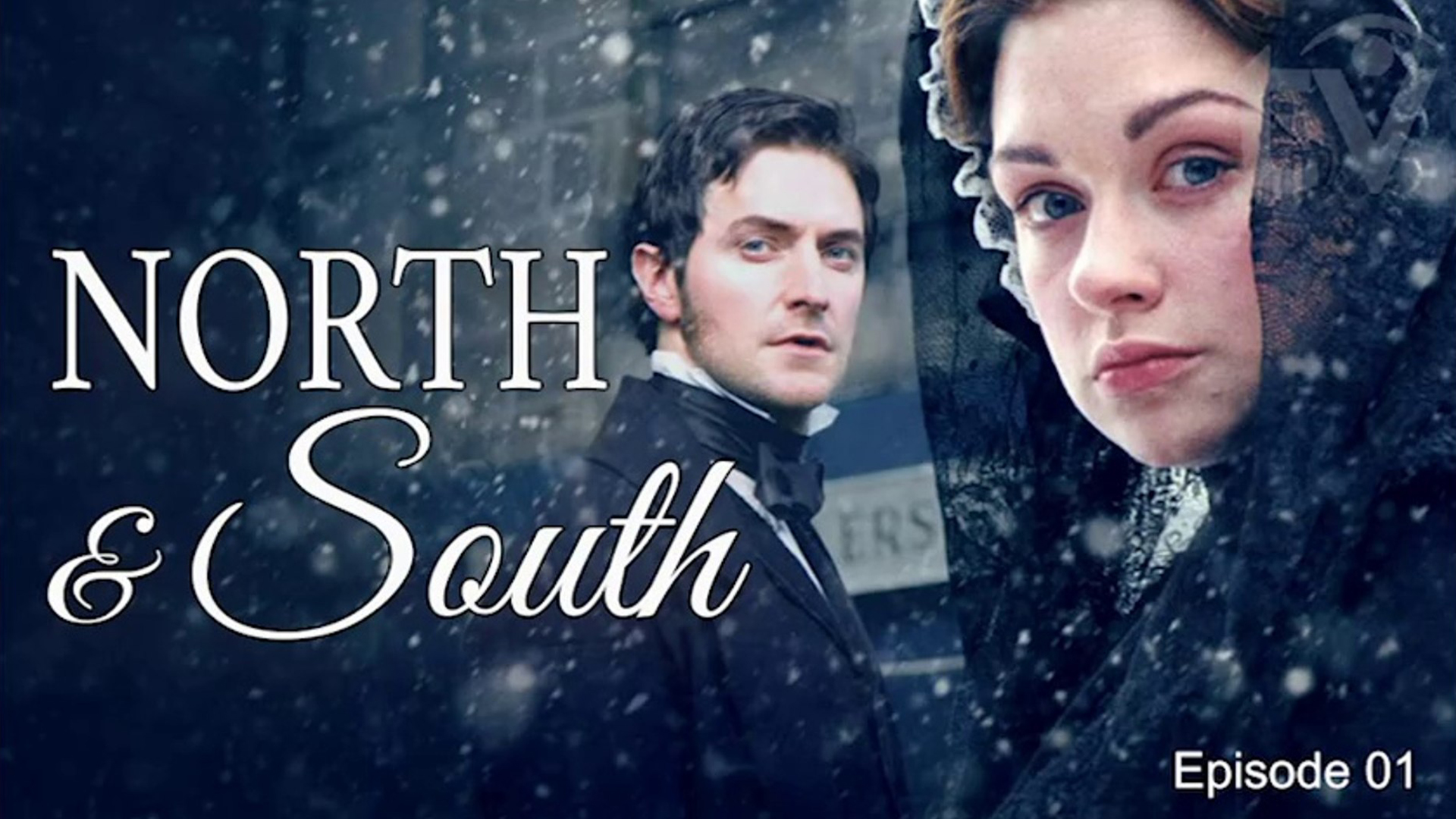
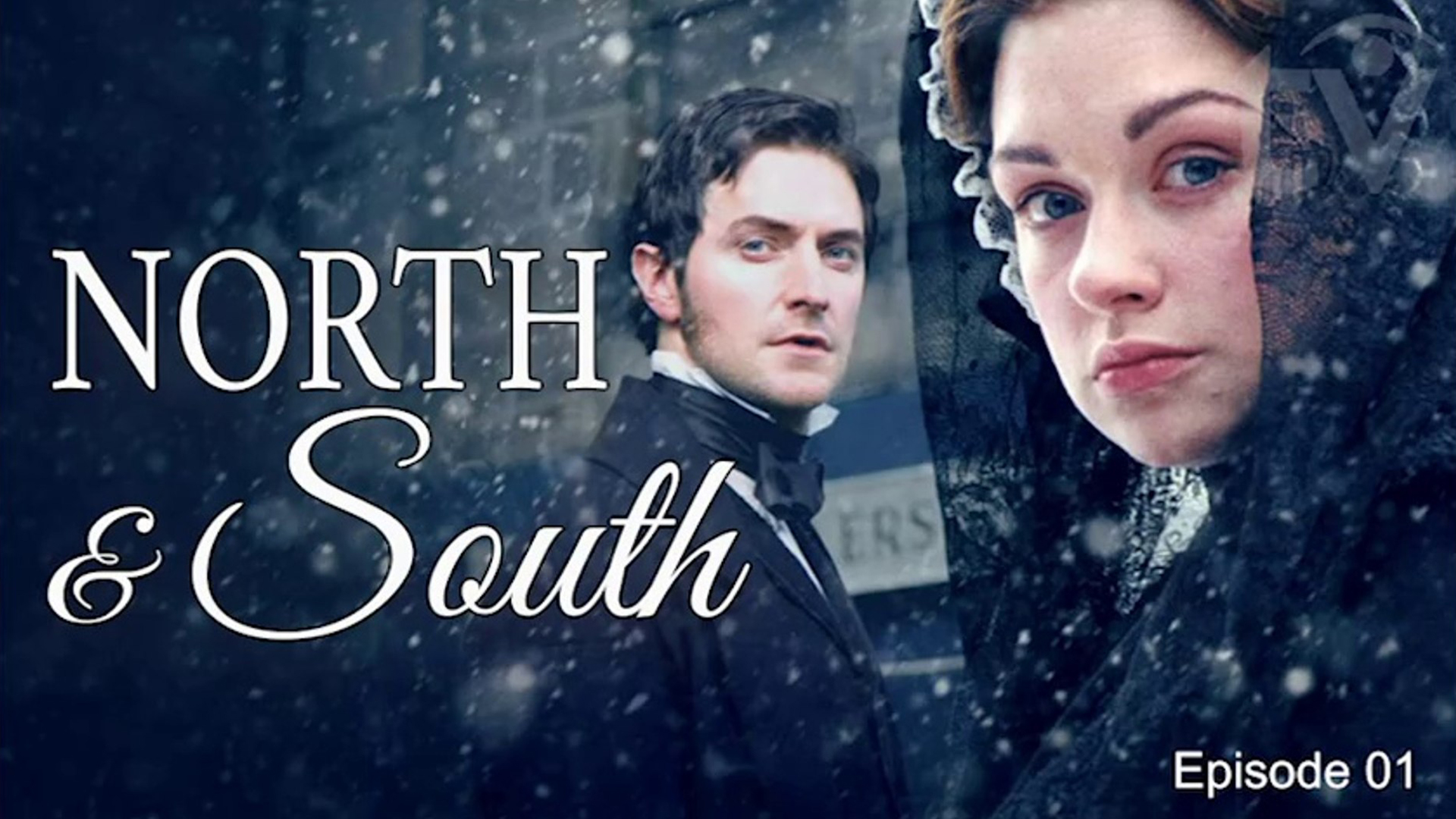
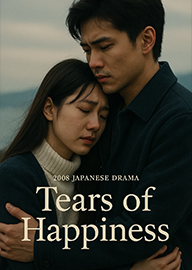











Comments
0Reviews
0Summery
1Please sign in to comment.
Please sign in to review.
North and South (2004), a riveting British period drama adapted from Elizabeth Gaskell’s classic 1855 novel, unfolds a timeless narrative of clashing worlds, passionate tensions, and sweeping emotional evolution set against the backdrop of the Industrial Revolution. This four-part miniseries meticulously examines the juxtaposition between the pastoral tranquility of the South and the harsh, smoke-choked, mill-driven industrial North of England. At the heart of this story lies Margaret Hale, a refined, morally grounded young woman from the genteel South who is forced to relocate with her family to the fictional northern town of Milton after her father leaves the Church of England over a crisis of conscience. The industrial North is harsh and unfamiliar, teeming with machinery, labor unrest, and clashing class ideologies. Margaret’s journey is one of self-discovery as she finds herself at odds with the social and cultural practices of her new surroundings. Yet, through exposure to the brutal realities of capitalism, labor exploitation, and class struggle, she grows to empathize with the working class while becoming entangled in an emotionally charged relationship with the stoic and proud mill owner, John Thornton. The series explores powerful themes of social injustice, gender roles, emotional repression, class conflict, and moral integrity, offering viewers a drama rich in both social commentary and romantic intensity.
John Thornton, as portrayed by Richard Armitage, embodies the rugged, self-made industrial capitalist whose success is forged through resilience, sacrifice, and a deep commitment to economic survival in a cutthroat market. Initially perceived by Margaret as a cold, authoritarian figure exploiting his workers, Thornton’s emotional complexity slowly reveals itself, revealing a man shaped by grief, duty, and a genuine care for the welfare of his employees, even if obscured by harsh discipline. Their turbulent relationship echoes the narrative tension of Pride and Prejudice, yet in a grittier, more socially nuanced setting. Margaret, portrayed with remarkable grace by Daniela Denby-Ashe, is not merely a romantic heroine but a progressive thinker and an empathetic observer of class inequalities, who gradually dismantles her own assumptions and prejudices about the North. Their interactions are laced with suppressed desire, intellectual friction, and ideological conflict, making the romantic progression deeply satisfying and dramatically earned. The show’s deep dive into the suffering of the working poor—through characters like Nicholas Higgins and his ailing daughter Bessy—further amplifies the emotional stakes and anchors the romance within a broader socio-economic commentary. The narrative becomes a profound reflection on economic disparity, mutual understanding, resilience through adversity, and the transformative power of love born not out of fantasy, but out of struggle and truth.
The series’ production design and cinematography elevate the atmosphere, capturing the raw, industrial intensity of the North through greyscale cityscapes, smoky mill interiors, and cold iron machinery. The grimy realism of factory life is contrasted with the more refined and polished southern settings, symbolizing not only a cultural divide but a psychological one between tradition and progress. The soundtrack, composed with haunting orchestration, mirrors the emotional gravity and unspoken longing between the leads, culminating in one of the most emotionally cathartic finales in British television. North and South does not shy away from the harsh realities of death, labor strikes, hunger, and the ethical dilemmas faced by employers and reformers alike. Yet, it offers glimpses of hope, reconciliation, and growth—showing that even the most rigid ideologies can be softened through empathy and honest communication. The evolution of Thornton and Margaret is a journey through emotional awakening and moral reckoning. Their love story isn’t born out of mere attraction, but mutual respect forged through hardship, disagreement, and transformation. This rare emotional maturity makes North and South not just a historical drama, but a deeply philosophical exploration of personal growth, mutual compassion, and social responsibility in a time of monumental change.
What elevates North and South above other period dramas is its ability to fuse intimate human emotion with macro-level socio-political upheaval. It transcends the boundaries of genre by speaking to contemporary issues such as labor rights, gender dynamics, and the ethics of capitalism, all while preserving the integrity of its Victorian setting. The show crafts an intelligent romance that mirrors societal evolution, portraying not just love between individuals but the potential for connection between cultures and classes previously thought incompatible. It’s a series that rewards patience and attentiveness, rewarding viewers with emotional richness, historical insight, and satisfying character arcs. Through eloquent dialogue, masterful performances, and a nuanced script, North and South becomes a meditation on change—internal, social, and romantic. As the final scenes unfold, where long-denied affection is finally realized, the emotional payoff is extraordinary, cementing the series’ legacy as a jewel of British historical television. It remains a powerful testament to the endurance of love across barriers and the possibility of unity where once there was division. A story of personal redemption, social evolution, and emotional awakening, North and South (2004) endures as an emotionally rich, intellectually provocative, and visually stunning portrayal of 19th-century England’s heart, history, and humanity.
#NorthAndSouth2004 #BBCDrama #ElizabethGaskell #PeriodDrama #BritishRomance #HistoricalDrama #MargaretHale #JohnThornton #IndustrialRevolution #VictorianEngland #BBCMiniseries #ClassicDrama #19thCenturyDrama #BritishClassDivide #TextileMills #RomanticDrama #VictorianRomance #LoveStory #SocialUnrest #FactoryLife #HistoricalRomance #BritishLiterature #CostumeDrama #ClassicAdaptation #BBCSeries #RomanceAndClass #DramaticLoveStory #BritishTVGem #SlowBurnRomance #RichardArmitage #DanielaDenbyAshe #BBCClassic #PeriodDramaLovers #VictorianEraTV #ClassConflict #LoveAcrossClasses #MillOwner #WorkersRights #HistoricalTVSeries #EnglishHeritageDrama #GaskellAdaptation #FictionToScreen #OldEnglandDrama #StrikesAndStruggles #DramaWithDepth #BritishLoveStory #MasterpieceDrama #RomanceInHardTimes #HistoryOnScreen #BritishCultureSeries #MustWatchDrama #VictorianHeartbreak